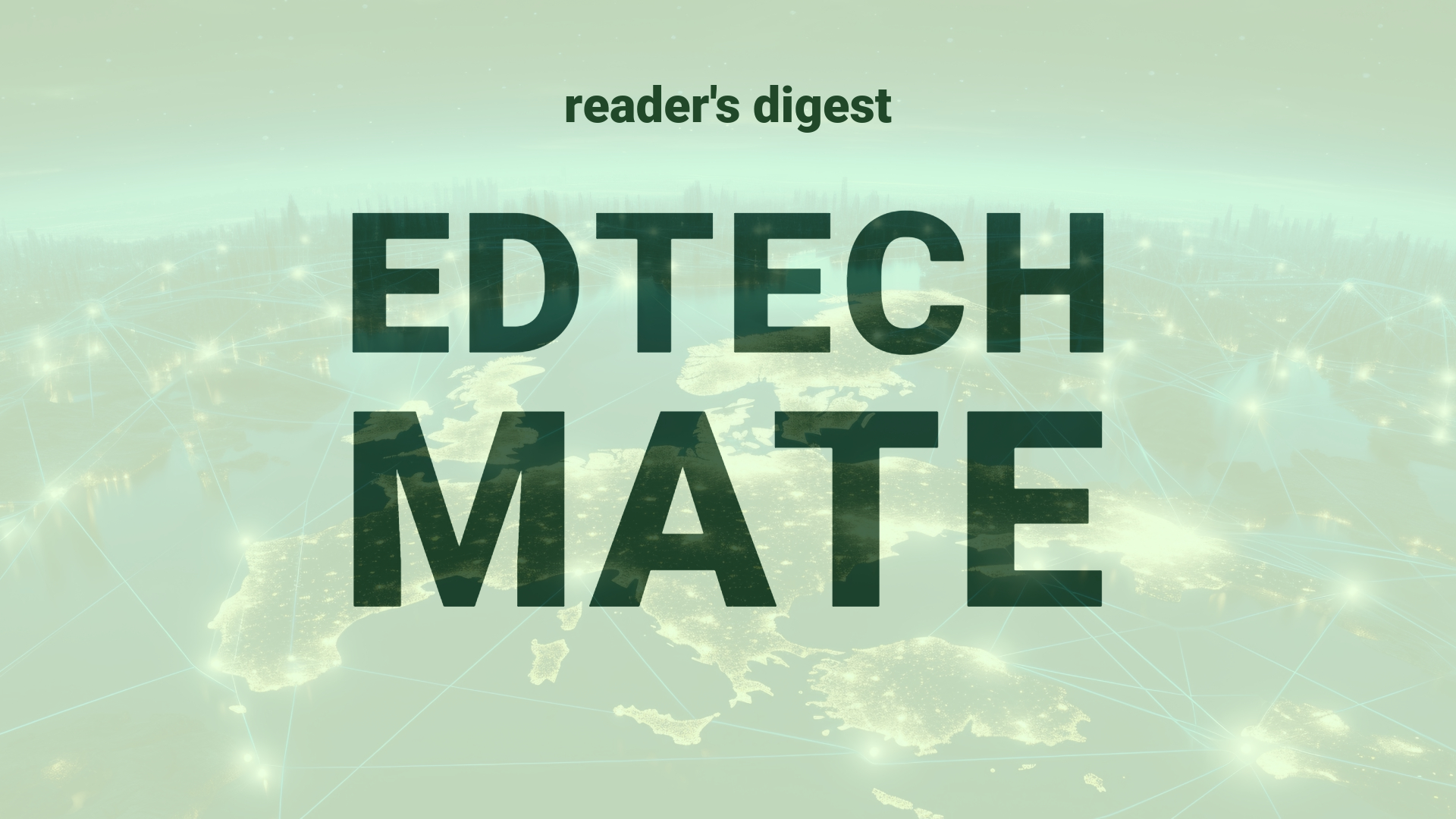Executive Summary and Main Points
In the evolving terrain of global higher education, executives face multifaceted challenges exacerbated by macroeconomic scarcity, global conflicts, and technological disruptions. Key innovations in resolving boardroom conflicts include fostering a healthy dialogue, being proactive in highlighting contentious issues, providing comprehensive situational analyses, recognizing early signs of conflict, maintaining a long-term perspective during crises, and steering clear of decision-making binaries by looking at all sides of an argument.
Potential Impact in the Education Sector
The strategies for managing boardroom conflict have significant potential impacts on Further Education, Higher Education, and Micro-credentialing. Strategic partnerships and digitalization can be enriched by board-executive alignment. Strong governance can mobilize educational institutions towards innovation while mitigating risks involved in navigating uncertain academic climates. Improved boardroom dynamics can aid in rolling out new educational technologies and programs that are responsive to both market demands and pedagogical advancements.
Potential Applicability in the Education Sector
Innovative applications of conflict management practices within the education sector could include AI-powered platforms for scenario modeling and decision analysis to forecast the consequences of board decisions. Digital tools facilitating transparent communication can preempt conflicts, and virtual reality settings for board meetings may provide a more immersive and engaging environment for complex discussions. Such approaches could be tailored to fit the cultural variations in decision-making processes across global education systems.
Criticism and Potential Shortfalls
While these strategies provide avenues for constructive conflict resolution, potential criticisms arise from cultural differences in governance styles, which may not align with the suggested frameworks. Real-world case studies, such as disparities in board-executive relationships between Western and non-Western institutions, highlight the cultural nuances of conflict management. Ethical considerations pertaining to surveillance and privacy also arise with the increased use of AI and digital tools in governance contexts.
Actionable Recommendations
To implement these technologies, international education leadership should consider training programs focused on digital literacy for board members, establish clear communication protocols amplified by technological tools, and promote continuous learning about global governance cultures. Developing a toolkit for digital scenario planning and equipping members with AI-driven data analytics can facilitate informed decision-making, ensuring that education leaders stay ahead in a digitally-transforming sector.
Source article: https://hbr.org/2024/04/5-ways-executives-can-manage-conflict-with-the-board

